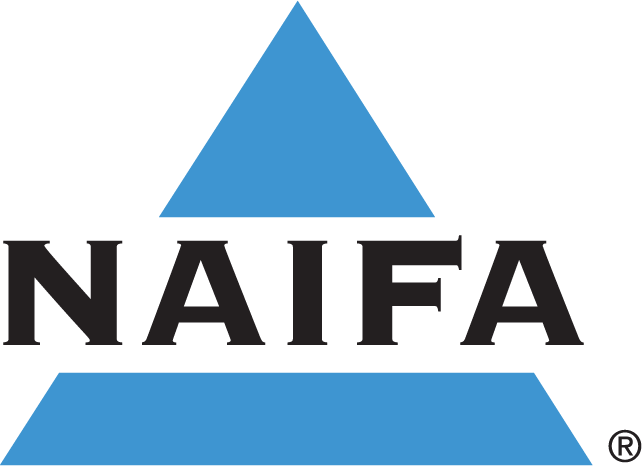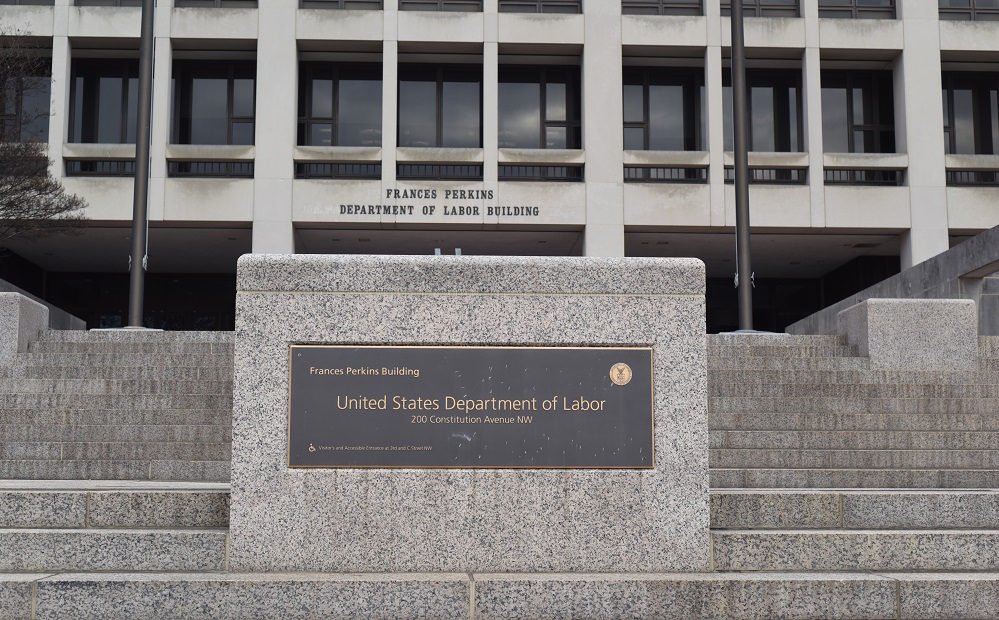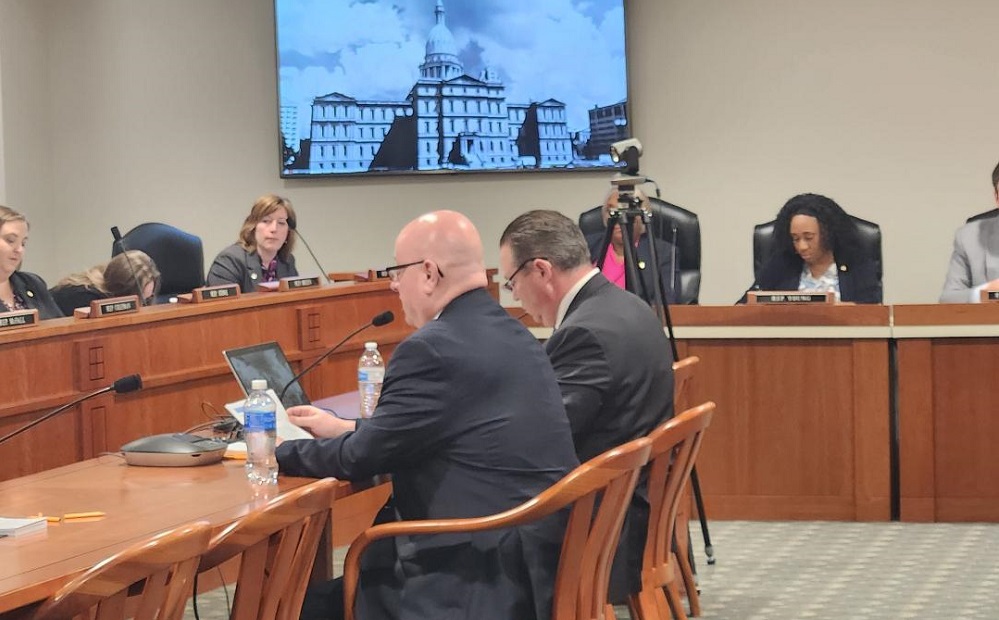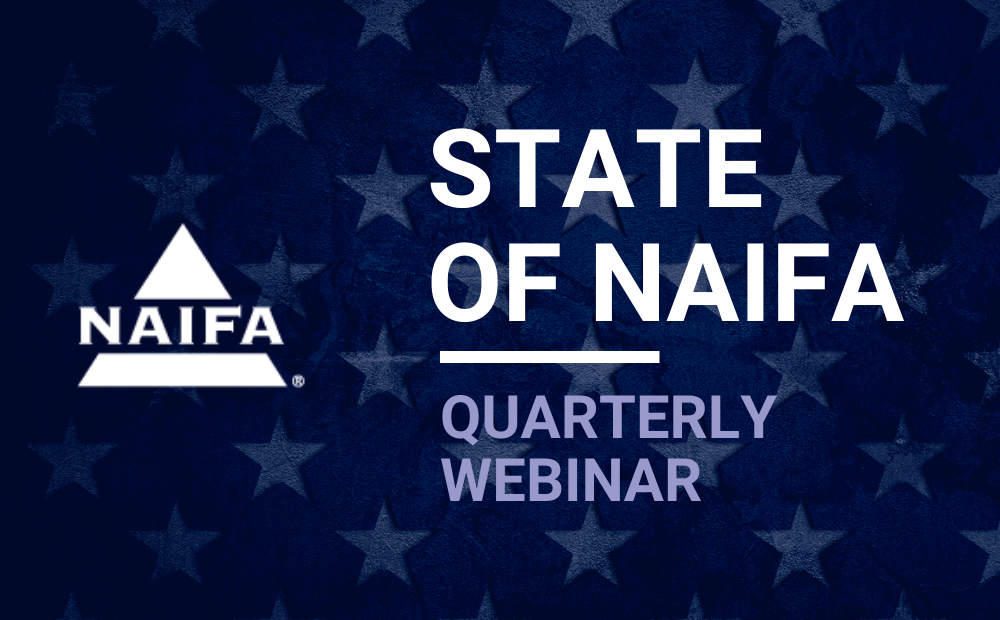NAIFA conducted a survey of more than 1,000 members between November 27 and December 1, 2023, to gauge the potential effects of the U.S. Department of Labor’s proposed “Retirement Security Rule: Definition of an Investment Advice Fiduciary” on the consumers who rely on financial professionals for retirement products, services, and advice.
The survey provides some troubling findings concerning the proposal’s likely impact on the availability and cost of retirement planning.
The DOL rule will impact a significant number of financial professionals and result in reduced product offerings.
- 71% of the survey respondents sell fixed annuities or non-securities investment products for two or more insurance companies, meaning that amendments to Prohibited Transaction Exemption 84-24 is likely to apply to them.
- Of those who sell fixed annuities or non-securities investment products for two or more insurance companies, 67% either agree (24%) or strongly agree (43%) that the DOL proposal will force them to stop or reduce their sales of these products.
- 50% of respondents said there are insurance products they will stop or reduce recommending if the DOL proposal is enacted.
The DOL rule will increase costs for financial professionals and their clients.
- 92% agree or strongly agree that the DOL proposal will significantly increase costs associated with providing disclosures.
- 91% agree or strongly agree that the DOL proposal will significantly increase the costs of record-keeping and transparency.
- 90% agree or strongly agree that the DOL proposal will significantly increase the costs of hiring and training staff.
The DOL rule will force advisors to impose or increase minimum asset thresholds required to work with clients, significantly decreasing the access of lower- or middle-income investors to products, services, and advice.
- Financial professionals who responded to NAIFA’s survey reported the current minimum asset threshold they have in place for clients:
- 70% require no minimum.
- 5% require minimum assets of under $25,000.
- 4% require minimum assets of $25,000.
- 6% require minimum assets of $50,000.
- 8% require minimum assets of $100,000.
- 7% require other asset minimums.
- These respondents say that if the DOL proposal is enacted they estimate their minimum asset thresholds for clients will be:
- No minimum: 28% (a 42% decrease)
- $25,000: 7% (3% increase)
- $50,000: 10% (4% increase)
- $100,000: 22% (14% increase)
- $250,000: 16%
- Other asset minimums: 17%
The most apparent takeaway is that access to advisors who require no minimum asset thresholds will decrease significantly and overall asset minimums will increase. Consumers who lack the required assets will have a much more difficult time accessing financial services and advice.
NAIFA members are insurance and financial services professionals serving communities in every Congressional district in every state in the United States. Their clients include lower- and middle-income families, more affluent families and individuals, small businesses, and anyone else who requires financial planning and services.
NAIFA members provide a full range of comprehensive financial services under a variety of service models to meet the needs of a diverse American public. NAIFA is not opposed to financial professionals working under the existing fiduciary standard. Many of our members effectively serve clients using a fee-only model. Many also provide crucial products and services under a commissions-based best interest standard and consumer protections provided by the SEC’s Regulation Best Interests and the NAIC’s model rule for annuity transactions.
NAIFA believes that consumers should be able to choose how and from whom they receive retirement advice and services. As our recent survey results show, the DOL’s proposal would deprive consumers of choice and in many cases access to professional assistance.
